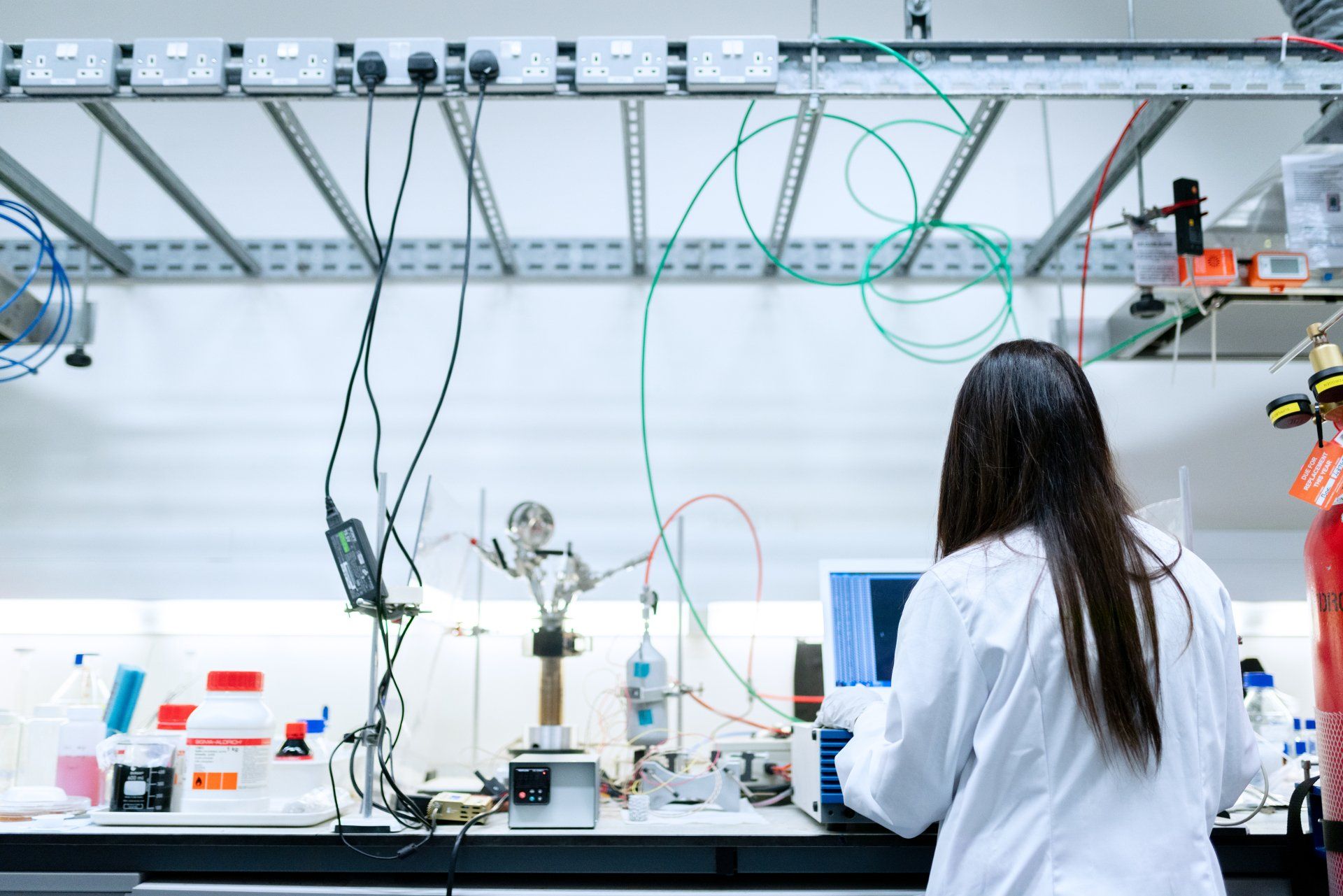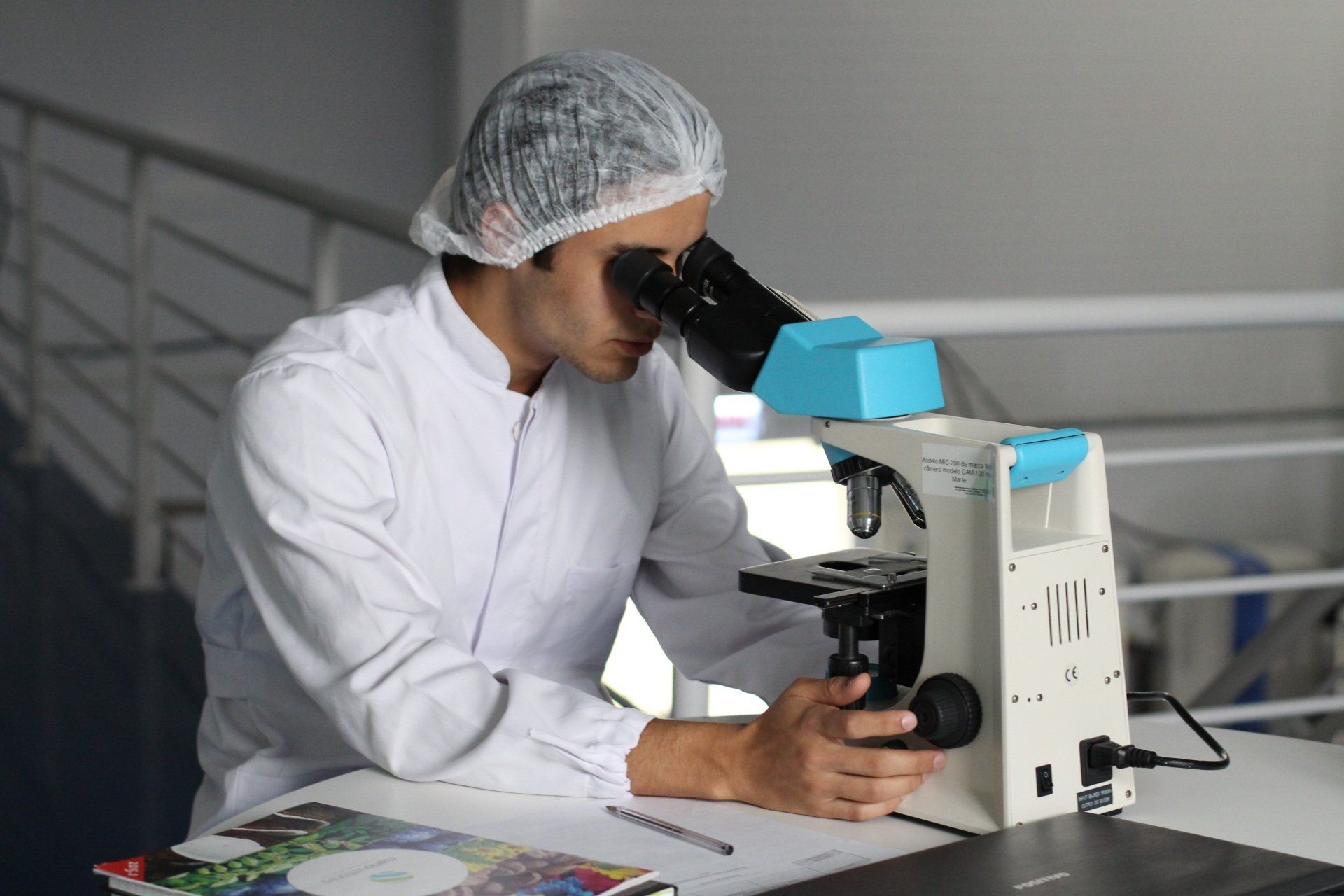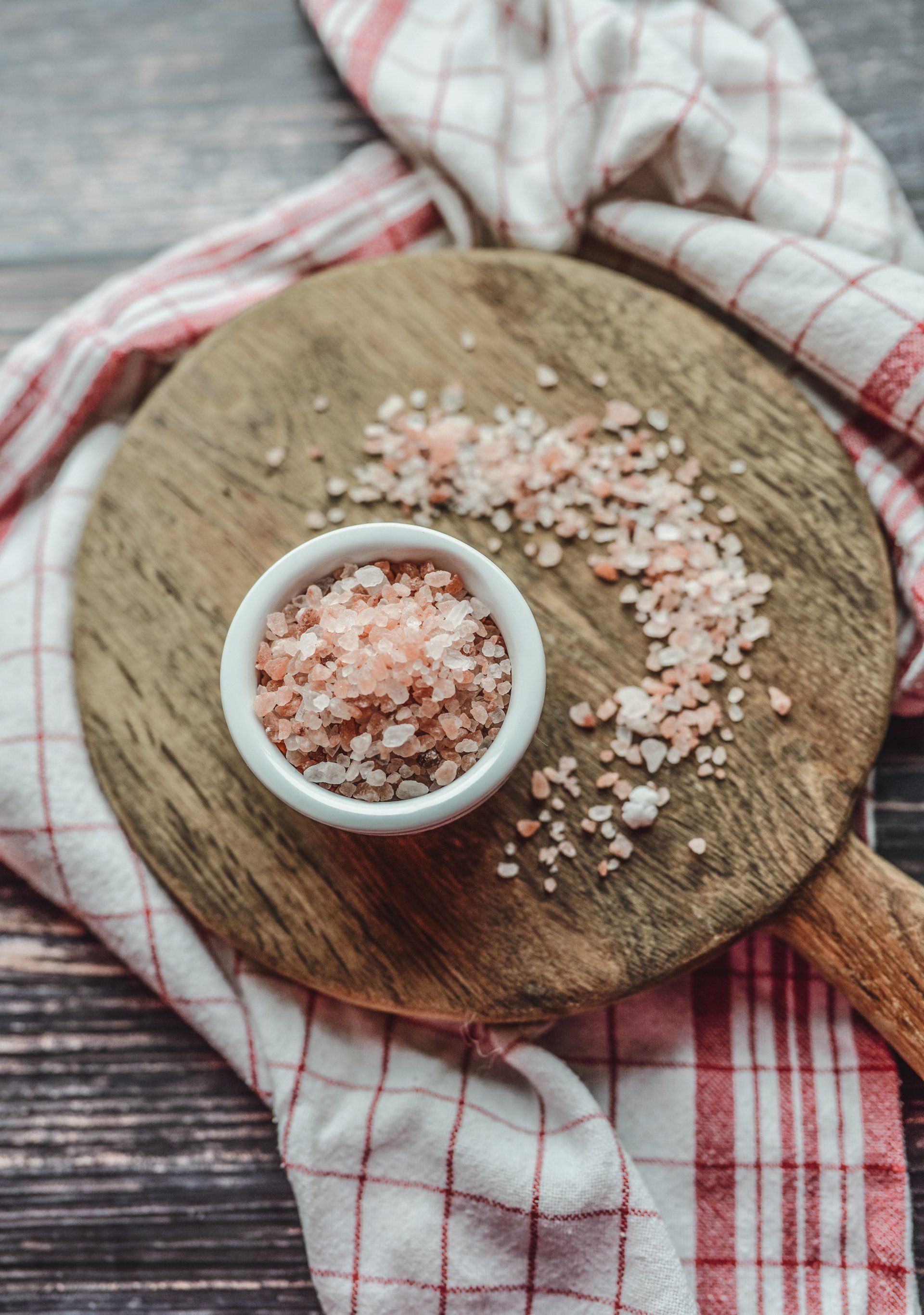What Is Insulin Resistance?
Over half of the population has it and doesn't even know it!
Over half of all adults in the United States are insulin resistant (and overweight).
But the truth is, you CAN be insulin resistant and NOT be overweight! I see it every day. These are the skinny people that suddenly become sick and you always hear people say, “I can’t believe they got sick, they were so healthy!”
This is a silent killer and there is no reason it should go unnoticed! Get yourself a blood sugar monitor and start checking your blood sugar regularly. Ask your doctor to order a
fasting insulin test. YES, you have to ask for this test!! Unfortunately, doctors do not routinely do this test.
Insulin resistance is also known as metabolic syndrome and it is the root cause of virtually every chronic disease we see today, including: Alzheimer’s, dementia, obesity, heart disease, cancer, diabetes, and complications including death from SARS COV-2.
By improving your metabolic function you will significantly improve your chances of surviving and thriving into your elder years. If your metabolism is strong, your immune system is strong.
What Is Insulin Resistance?
Insulin is a hormone produced by the pancreas to escort glucose molecules into the cell to be used for energy. But with chronic elevated blood glucose, the cells run out of room for more glucose molecules to fit inside. The cells literally become overstuffed! The cells are too full of glucose molecules to fit any more inside. When cells get overstuffed with too much glucose, they eventually become “resistant” to the signal from insulin asking to let more glucose inside. In other words, insulin resistance is a protective adaptation to excess carbohydrate intake.
Carbohydrate intolerance often goes unnoticed, progressing slowly into full blown type 2 diabetes. The underlying cause of diabetes is high insulin levels and the easiest way to reverse it is to stop consuming foods that trigger insulin, which are carbohydrates. The worst thing to do is to put more insulin into the bloodstream and drive more glucose into the already overstuffed cells!
Keep up this pattern for years and you may develop insulin resistance, meaning that more and more insulin is required to transport the same amount of glucose.
~
The New Atkins For a New You
Because it’s invisible and doesn’t cause pain or discomfort, insulin resistance or carbohydrate intolerance more often than not remains hidden from our awareness altogether. Pain is both a clear sign that something is wrong and a strong motivator to change. But, without pain or discomfort, most people remain unaware of carbohydrate intolerance until it’s too late and they’ve been diagnosed with diabetes. All the while their blood was being poisoned by sugar for years and years before diabetes was diagnosed. Although one of the first signs of carbohydrate intolerance is weight gain, this indicator is also usually ignored. Unfortunately, doctors don’t routinely check blood sugar levels: one of the simplest, cheapest and most important tests a doctor can do. In Germany, where my daughter lives, they give glucose monitors out to patients to take home and use. This is incredible! The best indicator of overall metabolic health is a “fasting insulin” test. Unfortunately, doctors don’t routinely do this test either.
Carbohydrate intolerance is likely the most famous food intolerance in our culture not unlike lactose intolerance or gluten intolerance. These intolerances are all adaptations to dietary stressors. If someone is gluten intolerant, they’re advised by their doctor to eliminate gluten from their diet. Likewise, if someone is lactose intolerant, it’s recommended that they stop eating dairy. So, why is it that people who are carbohydrate intolerant are not told to limit their carbohydrate intake? Reducing carbohydrate intake should be the very first thing a doctor should advise someone to do! Sadly, most people are prescribed insulin, instead. This is a crime!
If you are insulin resistant and your doctor prescribes insulin without recommending that you change your diet, your doctor does not understand the science of nutrition and you should consider finding another doctor or health practitioner who knows how to properly treat carbohydrate intolerance and insulin resistance with dietary intervention. It is not the fault of doctors. They are trained in other things and do not have the time to focus on nutrition.
It is well known that diabetes (and other metabolic diseases) are caused by poor nutrition because millions of people have reversed diabetes by changing their diet. The simplest and most profound test for determining your overall metabolic health is a
fasting insulin test. This blood test will tell you about the health of your metabolism and the health of your immune system. It will most accurately assess your risk of getting a chronic disease and will let you know your risk of acquiring infectious disease. Ask your doctor about this test. But again, if you have to ask, you are better off finding a different doctor. One who is capable of informing you about your health.
Insulin resistance is bad? No, not at all. It is good. Insulin resistance is not the root cause. It’s the natural, protective reaction to the root cause – high insulin levels.
~
Dr. Jason Fung
Start Producing Ketones In 5 Days

Contact Us
Connect with me on social media...
Linkedin: www.linkedin.com/in/mary-beauchamp-rn
FB Page: https://www.facebook.com/ketogenicdietcoach
YouTube Channel: http://www.youtube.com/c/MaryBeauchampRN
Instagram: https://www.instagram.com/ketogenicdietcoach/
Twitter:
https://twitter.com/ketodietcoach
Mary Beauchamp
Best Selling Author
Registered Nurse
Ketogenic Diet Specialist
GAPS™Certified Practitioner
(Gut and Psychology Syndrome)
Mary Beauchamp’s deepest intention is to set people free. Her mission is to make people aware and conscious so that with that awareness, they can begin to heal and live deeply meaningful, integrated and empowered lives.
Drawing from her experiences growing up on a farm, raising her four children and traveling the world, her work provides a road map for health transformation through unlocking the body’s innate intelligence to heal and thrive.
Mary works with a team of Naturopathic doctors. She offers coaching programs, and retreats. You can learn more about her work by visiting her website, www.ketogenicdietcoach.com. Mary is passionate about re-educating people about nutrition. She invites you to experience your body as a master communication system and facilitates this sacred encounter within.













